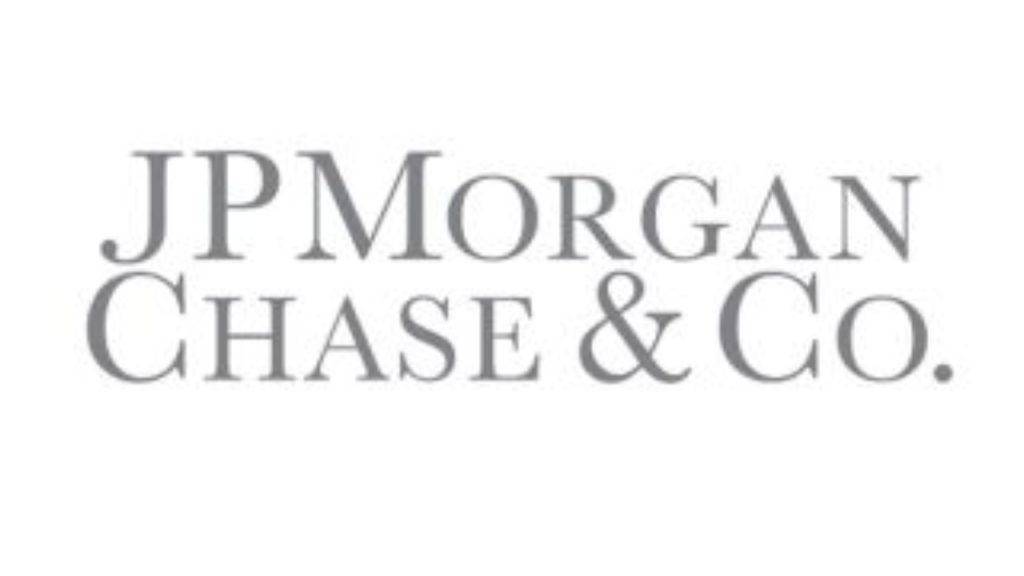
Like many of its colleagues JP Morgan Chase was at the vanguard of cutting off access to capital for the firearms industry.[1]
“Another major U.S. bank has cut its exposure to the firearms industry, but a top rival is sticking to its gunmakers business, company officials said …. JPMorgan Chase’s business relations with gunmakers ‘have come down significantly and are pretty limited,’ Chief Financial Officer Marianne Lake told reporters after the nation’s number one bank by assets issued its first quarter earnings results.”
JP Morgan Chase put their political ideology ahead of their commitment to their shareholders by forsaking profitable public finance business in Texas rather than extend credit to firearms manufacturers.[2]
“Due to the legislation, JPMorgan Chase & Co. won’t bid on business with public entities in Texas, a key market where the bank underwrote $3.6 billion of municipal debt sales in 2020. Texas-based borrowers sold more than $58 billion of bonds in 2020, the most of any state after California, according to data compiled by Bloomberg. As part of bond offerings, borrowers often hire banks ahead of time and pay them a fee for underwriting the sales.”
In addition to cutting off manufacturer, JP Morgan Chase was part of the group that pressured the maker of QuickBooks to cut off firearms retailers.[3]
“JPMorgan Chase admitted to pressuring the financial software company Intuit into preventing gun sellers from using the company’s payment processing services, according to a letter Sen. Ted Cruz sent.
…
Patricia Wexler, corporate communications officer at JPMorgan, confirmed to The Daily Signal that JPMorgan Chase advised Intuit not to offer payment processing services to firearms retailers. She said third-party payments ‘present unique and long-recognized regulatory risks’ and insisted that the retailers can work directly with Chase instead.
We process payments for firearms purchases for our tens of millions of customers, and our thousands of firearms retailer clients. … There are a small set of payments through third parties – like Intuit – that present unique and long-recognized regulatory risks that have to be handled differently. For this small group of firearms retailers, they can work directly with Chase instead of going through a third party to have payments processed.”
[1] https://www.usatoday.com/story/money/2018/04/13/jpmorgan-chase-limits-business-gunmakers-while-wells-fargo-continues/515430002/
[2] https://www.dallasnews.com/business/banking/2021/10/04/jpmorgan-chase-says-texas-law-punishing-banks-is-hurting-its-business/
[3] https://www.dailysignal.com/2023/09/26/jpmorgan-admits-pressured-intuit-cutting-gun-companies/